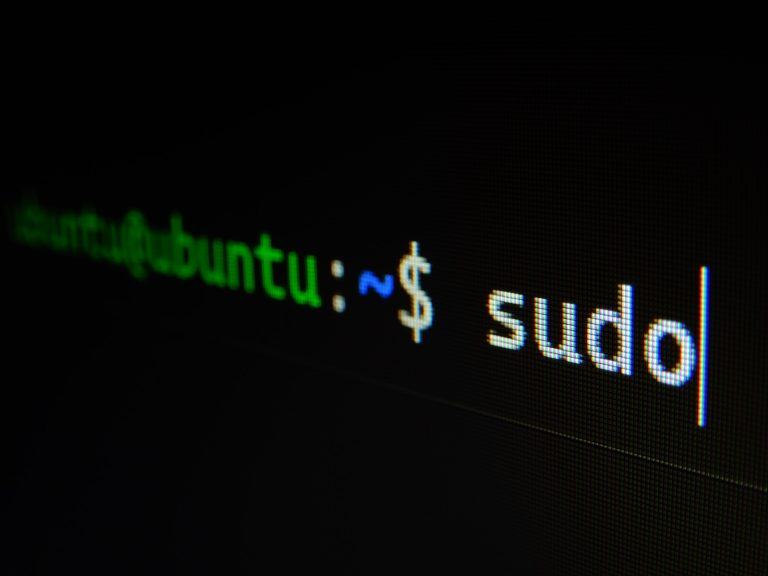If you’re managing a Linux system, you might need to track down files that belong to a specific group. This can be crucial for security audits, preventing unauthorized access, and maintaining proper system organization. Whether you’re troubleshooting permissions, cleaning up storage, or auditing security, knowing how to find files owned by a group in Linux is a handy skill.
Understanding File Ownership in Linux
Every file in Linux has an owner and an associated group. The owner is usually the user who created the file, while the group includes other users who share permissions. This helps manage access across different teams and ensures the right users can interact with files appropriately.
Key Components of File Ownership:
Permissions: Define what actions (read, write, execute) the owner, group, and others can perform.
Owner: The user who created the file and has primary control over it.
Group: A set of users who can share permissions on the file.
Table of Contents
Using the find Command to Locate Group-Owned Files
The quickest way to search for files by group is with the find command. Unlike ls, which only lists files in a single directory, or grep, which requires parsing output manually, find scans directories recursively and offers more precise filtering options. This tool is powerful and lets you filter files based on different criteria.
Basic Syntax
To search for files owned by a specific group, use this command:
find [path] -group [groupname][path]: The directory where you want to start the search. Use/to scan the whole system or.for the current directory.[groupname]: The name of the group whose files you’re looking for.
Example Search
If you want to find all files in the /home directory that belong to the developers group, you’d run:
find /home -group developersThis will list every file and directory in /home that’s owned by the developers group.
Filtering Search Results
To narrow down the results, you can add extra options to the find command.
Search by File Type
If you only want to find directories owned by a group:
find /home -group developers -type dFor regular files only:
find /home -group developers -type fSearch by File Permissions
Sometimes, you need to find files with specific permissions. Let’s say you want to locate files owned by the developers group that have read and write access for the owner:
find /home -group developers -perm 600Combining Multiple Filters
You can mix different search options using logical operators. For example, to find all directories owned by developers OR files with write permissions, run:
find /home -group developers \( -type d -o -perm -200 \)Running Commands on Found Files
One of the most useful features of find is the ability to take action on the files it locates. You can use the -exec option to modify permissions, move files, or even delete them.
For instance, if you want to change the permissions of all files owned by the developers group to 644:
find /home -group developers -type f -exec chmod 644 {} \;Here, {} represents each file found, and \; signals the end of the command.
Final Thoughts
Knowing how to find files owned by a group in Linux can make system management easier, whether you’re working on security audits or cleaning up disk space. For example, if multiple team members are collaborating on a project and permissions aren’t set correctly, files might not be accessible to everyone who needs them. Using these commands helps ensure the right people have access while keeping the system secure. With the find command, you can locate, filter, and even modify files in just a few steps. Try these commands out on your system and see how they work for you!
FAQs
How do I check file ownership in Linux?
Use the ls -l command. It will show the owner and group for each file in a directory
Can I search for files by both user and group?
Yes! Use find /home -user username -group groupname to filter by both.
What if I need to find group-owned files system-wide?
Run sudo find / -group groupname, but be cautious—it may take a while on large systems. To improve performance, consider using -maxdepth to limit search depth or -not -path "/proc/*" to exclude unnecessary directories.
How do I remove all files owned by a specific group?
Use find /home -group groupname -type f -exec rm {} \;, but double-check before running it!

